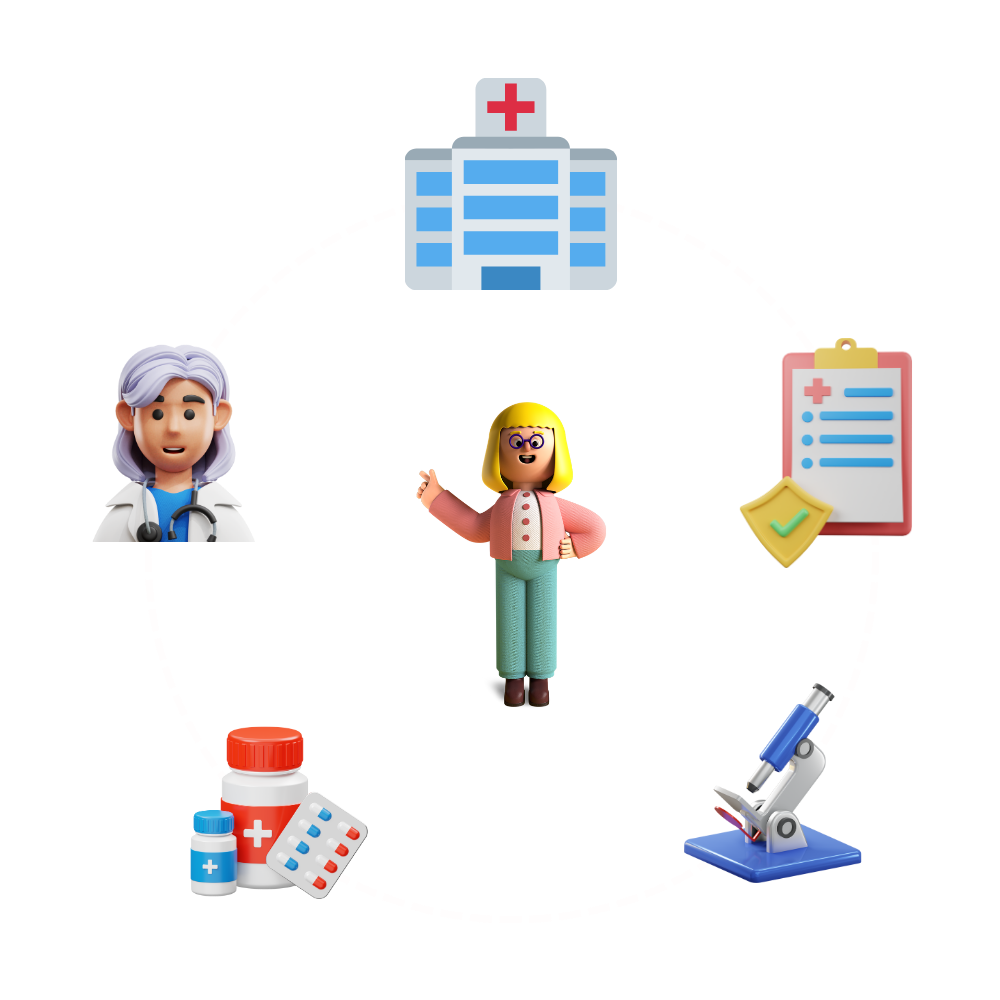About Ami Hospital
Since 2010
Ami Hospital is one of best specilaity clinic located at Visnagar, Mehsana. Established in the year 2010. Ami Hospital is visited by top doctors like Dr. Karan Shah (Psychiatrist).
The Timing of Ami Hospital is
MON - SAT
09:00 AM - 01:00 PM
04:30 PM - 07:30 PM
For patients pleasant facility, Ami Hospital provides a amenities like Waiting lounge. Ami Hospital has a wide range of procedures and services offered to their patients like Erectile Dysfunction, Operation Theater, Male Sexual Dysfunction Treatment, Anxiety Disorder Treatment, Emotional Distress, Anxiety, and Depression, Premature Ejaculation, Stress at Work & More. The 1 Doctors at Ami Hospital are very good knowledge in their field of expertise & provide the best Diagnosis & Treatment to patients.
The staff at Ami Hospital are polite and providing prompt assistance with any queries that the patient may have. The patient can pay for the service with ease by using any of the available modes of payment, such as Net Banking, Cash.
Ami Hospital is primarily a Surgical Hospital. The Hospital provides excellent non surgical options for piles including the infrared coagulator, sclerotherapy, cryotherapy and band ligation. It also provides the medical treatment for various ailments. The vast 38 years experience of the doctor provides you with consultation on the best available option for any of your health problem
 Drlogy
Drlogy




